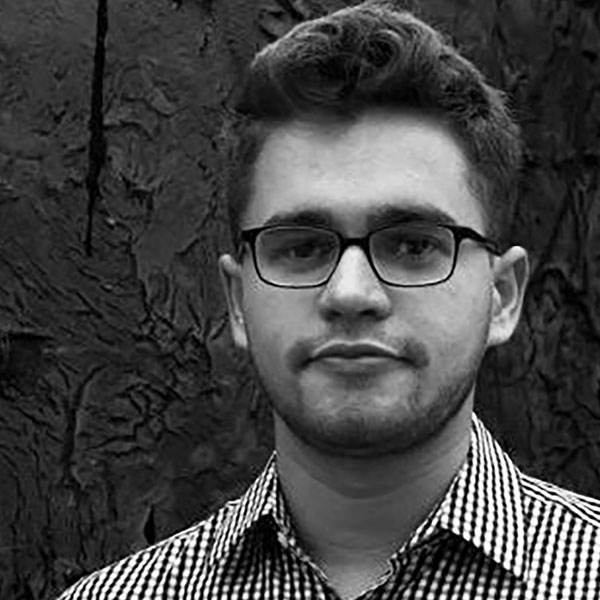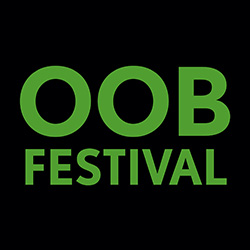
07 Jul F30 Countdown – Simon de Carvalho
Twenty-eight days to go until the festival begins. Today let’s say hello to Simon de Carvalho!
Simon de Carvalho is a New York-based playwright. Writing credits include: Concertina (Dixon Place), The Enchanted Realm of Rene Magritte (Exquisite Corpse Company), Jonah: A Musical Detour (Williamstown Theatre Festival), An Evening with Mary Gold (ECC), 1969: The Second Man (Ars Nova’s ANT Fest), The Great Parade of Upper Kennington (Manhattan Rep, Loeb Experimental Theater), Daisy (Loeb Experimental Theater), Olduvai (Harvard Playwrights Festival), Landscape with the Fall of Icarus (Davenport 10 Minute Play Festival), music for Grassroots and Trailblazers (NYMF), and TinyRhino. Simon is a graduate of Harvard College where he received the Levi Prize for outstanding arts management skills.
When did you start writing plays? If you had a moment where you realized you wanted to write, what was it?
I have always been writing – growing up, mostly short stories and poems – but I sort of fell into the theater out of chance. In college, a friend of mine asked me to produce a play with him, and of course I said yes, why not. Once I became involved in and fell in love with the theater, the logical thing was to try my hand at writing for it. And now here we are!
How did you come to write your OOB play? Was there a particular inspiration behind its creation? How has it developed?
So much of my writing comes out of listening to music. I take a lyric or a melody that grabs me and I use it as a jumping off point into a new world. Great Parade came out of one of those moments. The Antlers have a song called “Surrender” on their record Familiars, and there’s a lovely lyric in it: “To find the peace within the combat where we’re standing / we have to make our history less commanding.” The first time I heard that, I latched onto that idea. Immediately I was transported to Upper Kennington, and then the play came together quickly out of that. It’s about resilience, and about the power of togetherness, and about how to locate yourself in a present that is inextricably the product of the past.
What are 5 words that describe who you are as a playwright?
Some words I aspire to: inquisitive, empathetic, plainspoken, incisive, urgent.
What/who are some of the major influences on your writing?
Anne Carson is the writer that most influences me. Her poeticism and precision of language, the way she cuts straight to the emotional core of the stories she tells without wasting a word – these are things I strive for. Other influences include Annie Baker, Thornton Wilder, Ottessa Moshfegh, Hanya Yanagihara, and the songs of John Darnielle, Craig Finn, Joanna Newsom, and countless others. As I mentioned above, so many of the ideas I have come from the music I listen to, and I am always searching for a musicality – tempo, theme, dynamics – in my writing.
What’s one fact someone would never guess about you?
I happen to actually enjoy watching NASCAR, and I’m extremely good at Microsoft Excel.
What are some of your favorite plays?
The Lieutenant of Inishmore by Martin McDonagh, John by Annie Baker, Futurity by Cesar Alvarez & The Lisps, Familiar by Dunai Gurira
Any new projects you’re working on or shameless plugs?
I’m always working on things but, as yet, none of them are shameless.
His play The Great Parade of Upper Kennington will be performed on August 9th at 8:30pm. Every fourteen years, the Missouri River floods the town of Upper Kennington, Missouri. When the flood comes, weathering the devastation of the present means confronting the storms of the past.



